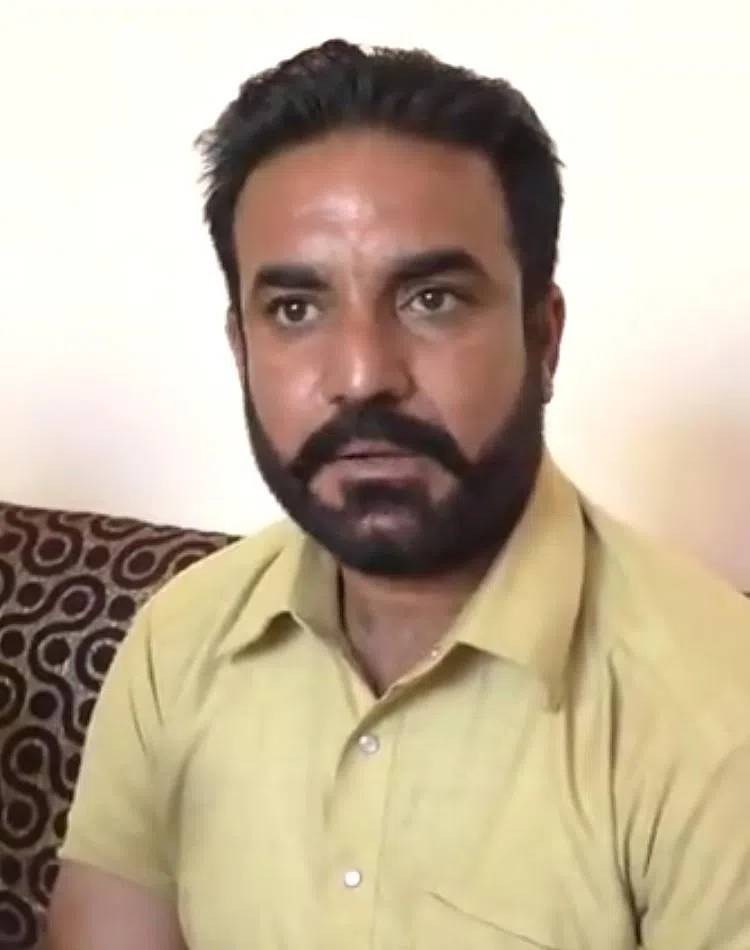
19 years after her murder in India, husband still haunted by wife’s last words
VANCOUVER — The last words Sukhwinder Singh Mithu remembers from his wife were a plea to her killers.
“Don’t hurt my Mithu. Don’t hit him,” he recalls Jaswinder (Jassi) Kaur Sidhu uttering.
On that warm June evening nearly 19 years ago, Mithu and Sidhu were returning home on a scooter in the village of Narike in Punjab after an evening out.
Sidhu, who was from Maple Ridge, B.C., had secretly married Mithu — a poor rickshaw driver — a year earlier against her mother’s wishes, Indian police have said.


